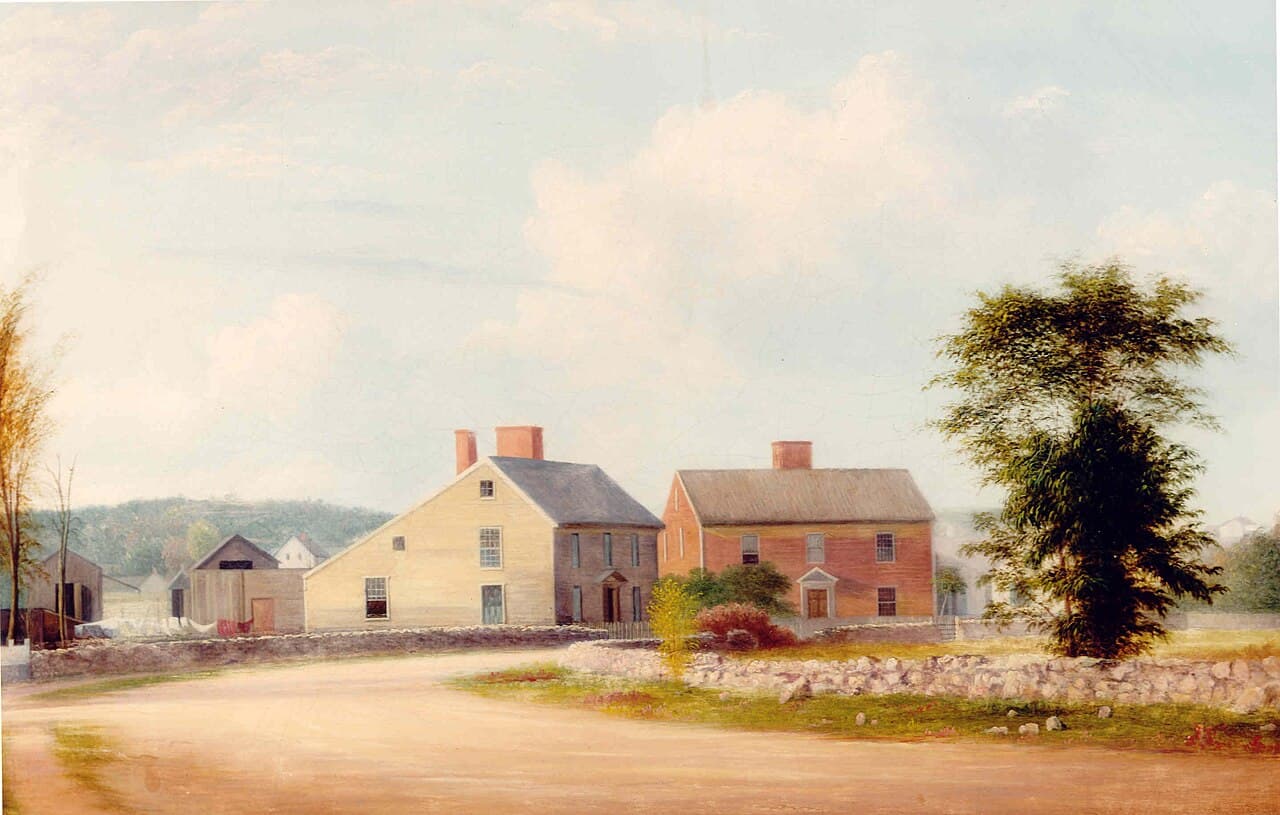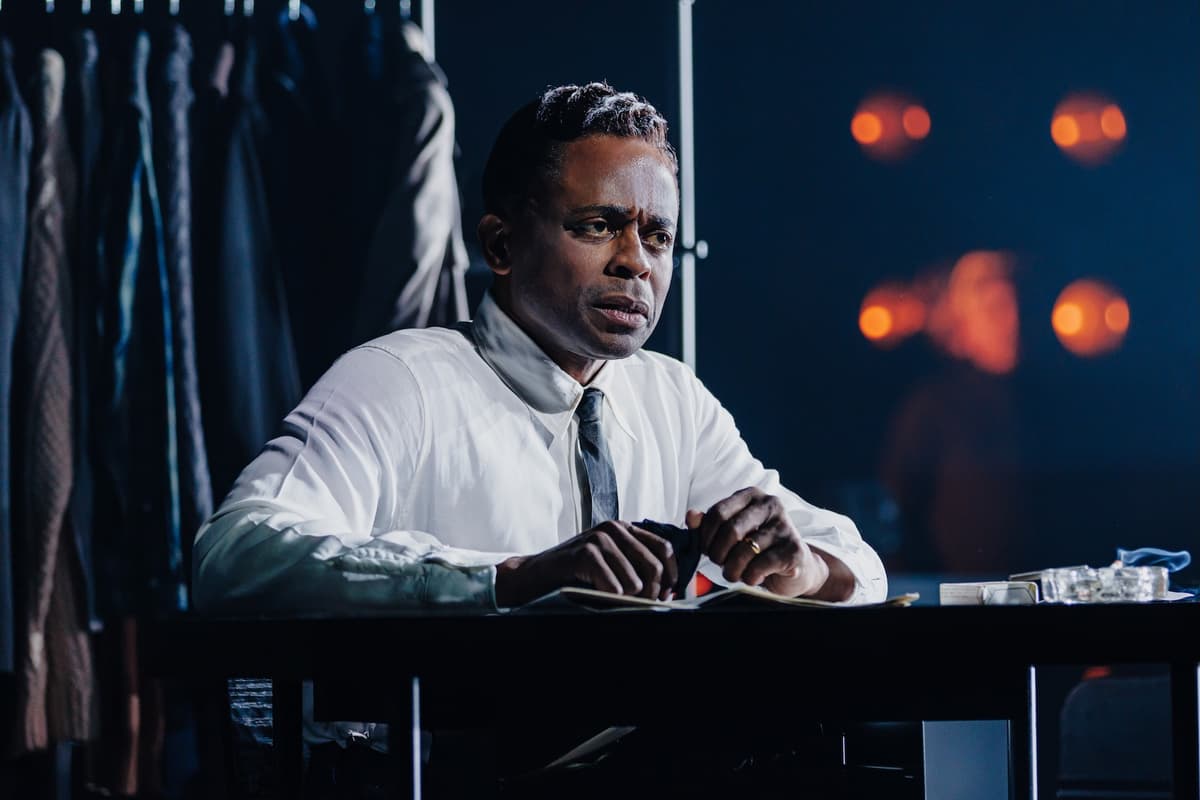
From Log Cabins and Empty Lots, Presidential Origins Manifest America’s Destiny
By DEAN KARAYANIS
|While ‘Lights Out’ doesn’t aim to cover its subject’s repertoire comprehensively, the production is packed with vocal talent, from the marvelous Dulé Hill, who plays Cole, to Ruby Lewis, who appears as Betty Hutton and Peggy Lee.

Already have a subscription? Sign in to continue reading

By DEAN KARAYANIS
|
By CONRAD BLACK
|
$0.01/day for 60 days
Cancel anytime
By continuing you agree to our Privacy Policy and Terms of Service.
By JOTAM CONFINO